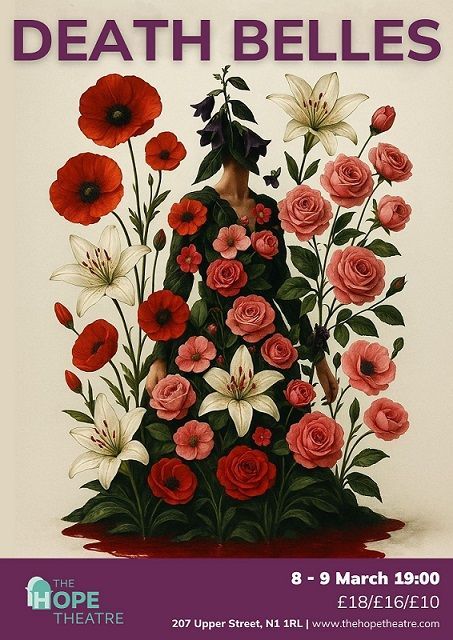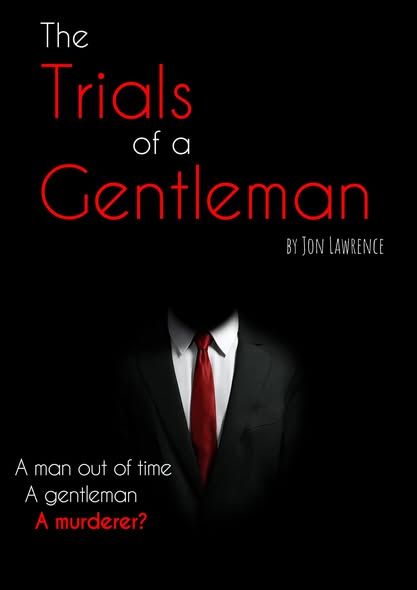REVIEW: THE OYSTER PROBLEM by Orlando Figes at Jermyn Street Theatre 9 February – 4 March 2023

‘In the company of literature’s giants; like Stella Street in frock coats’ ★★★
Set in France, 1874 and spanning a six-year period, this period ensemble is the first play by popular historian Orlando Figes. Focusing on some of the most radical writers of their day, we find ourselves in the company of giants. The central player is Gustave Flaubert, author of Madame Bovary and his contemporaries, Russian emigree, and realist, Ivan Turgenev; Emile Zola, who favoured naturalism in his writing and, gender fluid George Sand, a female author known at the time for wearing men’s clothing. It’s like Stella Street in frock coats.
This towering literary enclave meets for dinner where they discuss many subjects: brothels, ejaculation, syphilis, writer’s block and art versus commerce. Although Flaubert lives in increasingly straightened means with his niece (Rosalind Lailey) he refuses to dumb down or take a paying job. Played by Bob Barrett, we meet a contradictory character, a sensitive soul who suffers with epileptic seizures and anxiety, who rails against those new-fangled, rackety trains and a curmudgeonly old goat, full of rage and misanthropy. He insists “Integrity of art is the most sacred thing.”
His close friend, gout-stricken Russian emigree, Ivan Turgenev (played by Giles Taylor) is a wise, calmer and more magnanimous presence. Zola, the strutting young buck (Peter Hannah) cuts a swath, writing newspaper columns and declaring, “money is my muse.” He also suffers from pollakiuria, and nerve pains triggered by too tight clothes so is often in need of a chamber pot. George Sand (Norma Atallah) is more pragmatic and holds views that seem the most empathetic and contemporary. “Our words belong to our readers.” As these four great minds exchange gossip and views, it feels like a debating society: lots of talk and not much action.
Much of the source material for the play was taken from letters exchanged between these contemporaries as well as conversations reported by the Goncourts in their diaries, a record of Parisian literary life at the time. Figes discovered the material while researching his book, The Europeans and there is the ring of authenticity in the dialogue. But it’s also possible loyalty to the source material extended this play unnecessarily at the expense of dramatic action. There’s a line about writers not belonging to the theatre, that here writing is so reduced, it may well have been written by taxi drivers. It’s fascinating to see these great writers theatrically reanimated on stage, to witness their inter-relationships and concerns. Flaubert’s stuffed parrot even makes an appearance. But into the second half and you yearn for a taxi driver to take the reins.
Although financial pressure and poor health are recurring issues. this is a static and unwieldy production (2 hours 20). Flaubert’s low point is being forced to serve wine and cheese (instead of champagne and oysters) like some lowly bohemian. These are seriously first world problems. In the absence of any major conflict, what’s fun is teasing out the contemporary themes in 150-year-old conversations. The media’s obsession with celebrity, money-making opportunities of scandal, and arguments for and against technological progress are not new. The part about democracy and what ordinary people should decide reflects on the disastrous referendum of 1852 which ended up with a “lying rogue” in charge. Plus ça change!
Images: Steve Gregson
THE WORLD PREMIERE OF
THE OYSTER PROBLEM by Orlando Figes
Director – Philip Wilson
Set & Costume Designer – Isabella van Braeckel
Lighting Designer – Catja Hamilton
Composer and Sound Designer – Harry Blake
9 February – 4 March 2023
Box office: https://www.jermynstreettheatre.co.uk/show/the-oyster-problem/
Reviewed by Nilgin Yusuf
An experienced author, lecturer and journalist (ex-Sunday Times, Daily Telegraph and ELLE) Nilgin is developing her first full-length stage play, supported by The Writers Collective and funded by Arts Council England.







